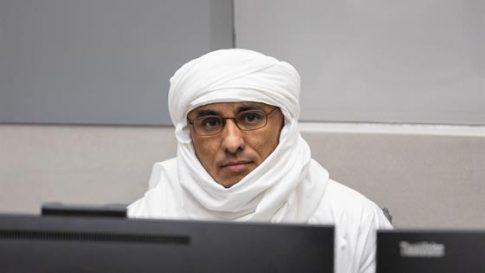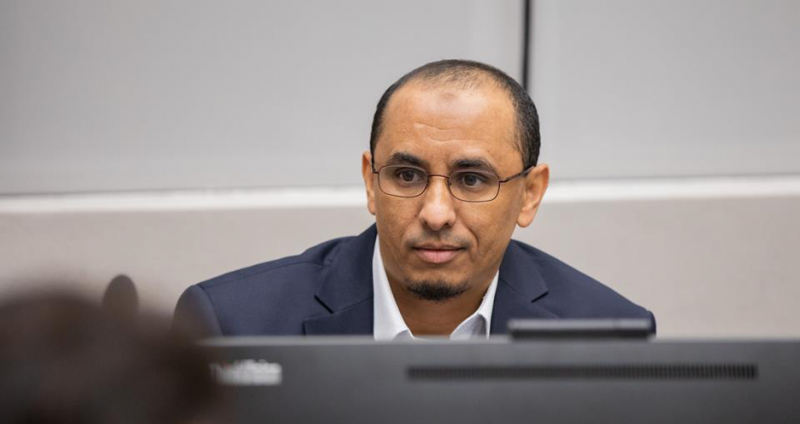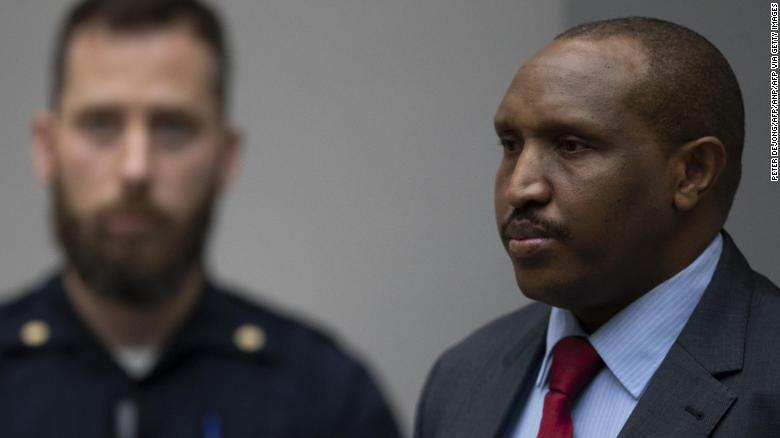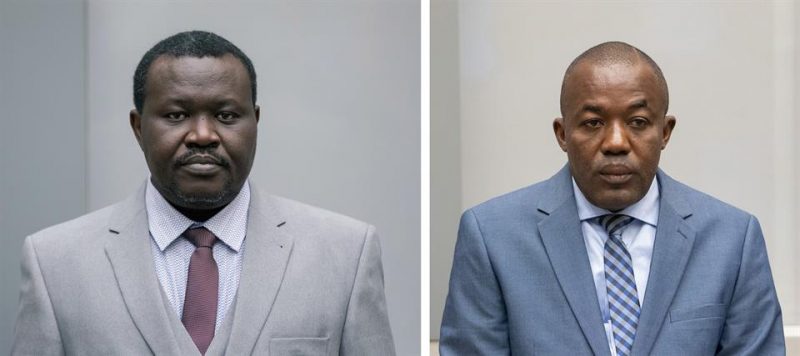By: William Krueger
Impunity Watch Staff Writer
THE HAGUE, Netherlands – The trial of Al Hassan Ag Abdoul Aziz Ag Mohamed Ag Mohamed (Al Hassan) began back on July 14th, 2020 in the International Criminal Court (ICC) in Trial Chamber X. Al Hassan, an alleged member of Ansar Eddine/Al Qaeda, has been charged with crimes against humanity and various war crimes.

The charges stem from April 2012 to January 2013 where the prosecutor believes that Al Hassan acted as the de facto chief of an Islamic police force that, with his authority, committed acts of violence against civilians in the city of Timbuktu, Mali. Furthermore, the prosecutor believes that Al Hassan had acted in the enforcement of a policy of forced marriages that led to the enslavement and rape of women in the Timbuktu region. The first day of trial consisted of a reading of the charges in the court; after which the Chamber was assured that Al Hassan fully understood what he was being accused of. At this point in the trial, Al Hassan has not plead guilty or not guilty.
On September 8th, 2020 the court had a witness for the prosecution, Harald Doornbus, sworn in under Rule 66 of the Rules of Procedure and Evidence used by the ICC. Doornbus identified himself as a freelance journalist who had been working in the country of Mali in January 2013. Doornbus had gone into the bank and the Hotel La Maison, which were transformed into a police station and the Sharia court for the Islamic police respectively. In both locations, he had collected documents written in Arabic. Pictures taken by Doornbus and the documents he had collected were entered into evidence by the Prosecutor. One of the documents collected by Doornbus had two women in niqabs with dress code instructions in Arabic and French. The Prosecution then rested their examination of Doornbus.
The Legal Representatives of the Victims then questioned Doornbus about how the population of Timbuktu reacted to the news of the militants fleeing upon action by Malian and French forces. The Defense then had their opportunity to cross-examine Harald Doornbus. The Defense questioned Doornbus on his relationship with the ICC and his conduct and connections in Mali. The factual integrity of the bank was also brought into question as Doornbus had to get entry from an unknown person who had a key to the location. Doornbus also admitted he had to work quickly and as a result, some documents that were not collected or photographed may have been missed in his haste. He also did not take some documents when visiting the Hotel La Maison as the manager was there and Doornbus had concerns about offending him by taking the paperwork. The Defense also brought up how Doornbus had previously recovered documents overlooked by the FBI in Benghazi, Libya.
On September 18th, 2020, Al Hassan’s associate counsel, Nicoletta Montefusco, has filed a motion to be withdrawn from the defense team without the consent of Al Hassan or lead counsel Melinda Taylor. Currently, the public does not know of the result of this motion by Montefusco. The trial of Al Hassan continues on September 21st, 2020. As of October 3rd, 2020 the Prosecution continues to build their case against Al Hassan.
For further information, please see:
International Criminal Court – Case Information Sheet: Situation in Mali – 14 Jul. 2020
International Criminal Court – Al Hassan Trial Opens at International Criminal Court – 14 Jul. 2020
International Criminal Court – 08 September 2020 – Session 19 – 08 Sep. 2020
International Criminal Court – Request for Withdrawal – 18 Sep. 2020



